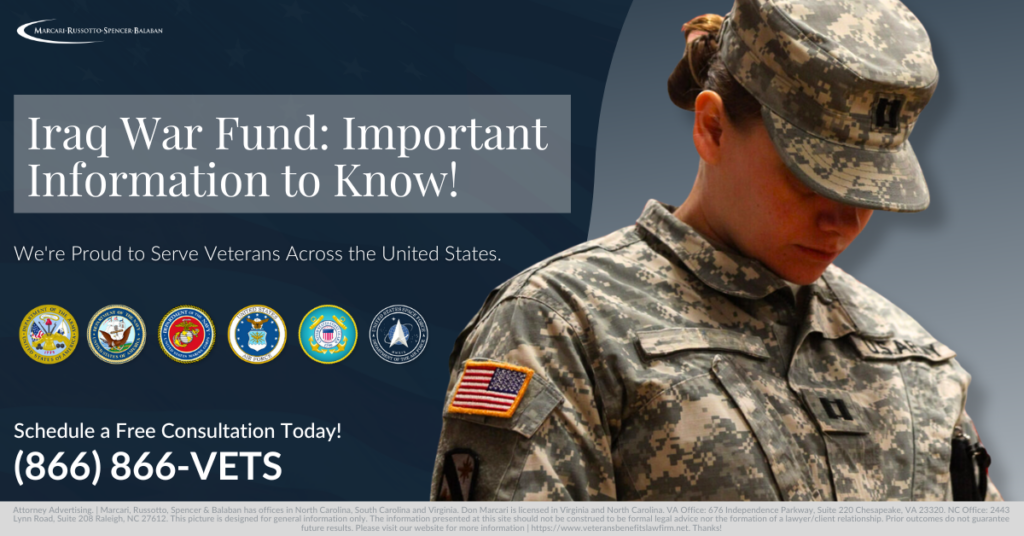Billions of dollars of Veterans Benefits could be at risk if the U.S. defaults on its debts in June. The potential fallout remains uncertain due to the unprecedented nature of a default.
Approximately $12 billion in Veterans Benefits is scheduled to be paid out on June 1, which aligns with the date identified by the Treasury Department as the earliest possible day for a default if Congress does not take appropriate action to prevent it.
“There is significant uncertainty as to what would occur because we’ve never been there,” said Rachel Snyderman, Senior Associate Director of Business and Economic Policy for the Bipartisan Policy Center, a Washington, D.C.-based think tank that estimated the amount of money in Veterans Benefits due to be paid in June.
The focal point of concern is the debt ceiling or debt limit, which represents the maximum amount of money that the Treasury can borrow to fulfill the nation’s financial obligations. The exact timing of the “X date,” or the day when the Treasury runs out of cash, is variable and depends on the inflow of tax revenue. Treasury Secretary Janet Yellen has warned that this date could potentially occur as early as June 1.
Officials at the Pentagon have expressed alarm about the potential impact of a default on service members’ paychecks.
House Republicans are demanding spending cuts in exchange for raising the debt ceiling. The White House has emphasized that Congress should immediately raise the ceiling to avoid the specter of a default, and that discussions about spending cuts should be addressed separately. However, President Joe Biden has signaled his openness to reclaim unspent COVID-19 funds as demanded by Republicans.
With the deadline rapidly approaching, Biden and congressional leaders convened at the White House last week, and subsequent staff-level discussions have taken place. A second meeting between Biden and congressional leaders was originally scheduled for Friday but was canceled. Biden announced that he is scheduled to meet with House Speaker Kevin McCarthy (R-Calif.) on Tuesday.
McCarthy expressed pessimism on Monday, stating that he believes the two sides are still “far apart” and that it appears that administration officials “want to default more than they want a deal.”
While the Biden administration and House Republicans have engaged in a debate about whether the GOP’s proposal to reduce overall government spending would result in cuts to the Department of Veterans Affairs, there has been less discussion about the potential impact of a default on Veterans.
The Bipartisan Policy Center’s estimation of missed payments, including Veterans Benefits, is based on an analysis of past Treasury reports on daily transactions, according to Snyderman. The estimated amount for Veterans Benefits covers any benefit administered by the VA (Veterans Affairs).
In addition to the June 1 payment, another round of Veterans Benefits is anticipated to be disbursed on June 30.
“With each passing day that the impasse continues, the impact of payment delays could grow exponentially,” Snyderman stated.
Experts foresee two potential scenarios for the Treasury to handle U.S. bills after reaching the debt ceiling. In the first scenario, the Treasury could prioritize certain payments over others as cash becomes available. In this case, the length of the delay in Veterans Benefits and military pay would depend on their position in the priority order. Yellen has expressed doubts about the feasibility of prioritizing payments.
In the second scenario, the Treasury could wait until it accumulates enough cash to cover a full day’s worth of payments in the order of their due date. If a default were to occur on June 1, Veterans Benefits due on that day might only experience a brief delay, but subsequent Veterans Benefits and other payments would face longer delays as the impasse continues.
“We’ve never defaulted, and we’ve never breached the debt limit, and because it’s so unfathomable, there’s no public playbook for what to do in a situation like this,” said Marc Goldwein, Senior Vice President, and Senior Policy Director for the Committee for a Responsible Federal Budget.
Goldwein added, “Some prioritization is probably possible, but it would be difficult for them to justify continuing to pay full Veterans Benefits and not paying other things. It is possible they would do that. Veterans are very popular. But I think we should assume that at least payments would be delayed.”
A prolonged default could result in cuts of up to 30% for non-interest government spending, according to Goldwein.
In addition to potentially affecting Veterans Benefits, a default could disrupt around $12 billion in military and civilian retirement pay expected on June 1, as well as approximately $4 billion in military salaries scheduled for June 15, as indicated by the Bipartisan Policy Center.
During congressional testimony last week, Defense Secretary Lloyd Austin hinted at the potential impact on military pay. He stated, “What it would mean realistically for us is that we won’t, in some cases, be able to pay our troops with any degree of predictability,” during a Senate Appropriations Committee hearing.
Similar warnings were issued by administration officials the last time the U.S. came close to a default in 2021. That year, Congress narrowly approved a debt limit increase after Senate Republicans agreed not to block the legislation. Although Democrats controlled both chambers of Congress at the time, they lacked the 60 votes typically required to advance legislation in the Senate.
The current negotiation dynamics differ due to Republicans holding the House. The previous debt ceiling crisis occurred in 2011 when Republicans controlled the House, while Democrats held the White House and the Senate. The crisis was resolved through an agreement to lift the debt ceiling in exchange for substantial spending cuts.
The uncertainty surrounding the potential impact of a U.S. default on Veterans Benefits underscores the unprecedented nature of the situation. As the deadline for action looms closer, the pressure is mounting on Congress to raise the debt ceiling and prevent a default that could have far-reaching consequences for Veterans and the nation.
Time will tell whether bipartisan cooperation can be achieved to avert this looming crisis. In the meantime, the fate of billions of dollars in Veterans Benefits hangs in the balance, awaiting a resolution that will ensure their uninterrupted disbursement and support for those who have served their country with honor and dedication.

Iraq War Fund: Important Information to Know!
Listen to a Full Summary of This Blog Post! What is The Iraq War Fund? The Iraq War Fund, established under the Anti-Terrorism Act, works








